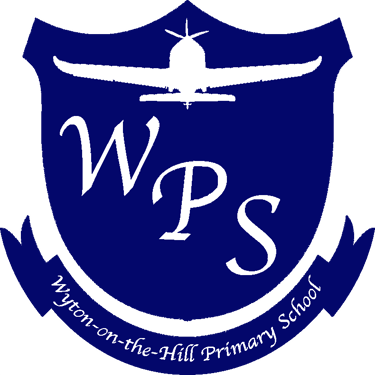Content and Structure
The content and structure of our academic curriculum is reviewed annually by the whole teaching staff, using the ‘aims and purposes’ of each subject area (as outlined in the National Curriculum), key educational research and dialogue with our secondary feeder schools to ensure coverage and bearing in mind the following principles about the nature of learning:
Children can only truly ‘know’ a skill, concept or fact when they are given multiple opportunities to remember what they know and to apply it in a range of contexts.
Learners will forget what they know; therefore we need to design a curriculum which allows for repetition and eventually results in children remembering more.
Learning takes time and effort: progress happens over a key stage with repeated practice in multiple contexts which offer cognitive challenge.
The primary focus of our curriculum is to ensure that all children are at age-related expectation or better in Reading, Writing, and Maths as we believe that these subjects underpin learning across all other subject disciplines. This is particularly important in our setting, where around 50% of our pupils have moved schools at least once and have therefore encountered significant disruptions to the development of their basic skills.
Reading, Maths and Writing are therefore taught discretely on a daily basis.
Science and the foundation subjects are taught as discrete domains, in blocks of learning, with opportunities to ensure immersion and cohesion. Once a block of knowledge has been introduced, we build in many opportunities for repetition and practice. We also plan opportunities for pupils to revisit and apply their learning throughout their time in school. This ensures that children are gradually able to develop a deeper understanding of facts, concepts and processes within subjects.
Music and Art are delivered by subject specialists employed by the school following an agreed programme of study.
Cross-curricular learning
Subject content is always chosen on its own merits and never as part of a ‘topic study’. Where logical links can be made within and between subject areas these will be made explicit to the children so that they can see how knowledge acquired in one subject domain can be applied in another.
Progress
At Wyton on the Hill, we are aware that “Learning is a change in long-term memory. If nothing has been changed in long-term memory then nothing has been learned.” (Paul Kirschner)
We are also aware that because learning is a change that takes place in the long-term memory, it is ‘invisible’. When we assess a pupil’s learning through a piece of work, or a quiz or a test, we are judging their performance at that moment in time, not their progress in learning.
Our definition of progress, therefore, is the widening and deepening of essential declarative and procedural knowledge over time and in a range of contexts.
Curriculum planning and delivery
Staff are encouraged to plan learning sequences designed to support children in developing schemata so that children are able to organise, store and retrieve the knowledge they acquire in their long-term memory for future application. When planning a teaching sequence, we have therefore agreed to use the following process:
1. Clarifying the big picture - Start by identifying the knowledge we expect every child to acquire, using knowledge and graphic organisers. Be ready to share how and why this knowledge is important with the pupils.
2. Specify outcomes - Determine what both the expected and the greater depth application of that knowledge will look like, using an assessment scale. Source actual examples to share with pupils.
3. Identify the learning sequence - Plan experiences to ensure that every child acquires the specified knowledge AND stands the best possible chance of achieving both the expected and the greater depth application.
4. Plan revisists - Plan to revisit the learning at regular intervals and in different contexts to deepen the learning.
Our Key Stage 1 and 2 academic curriculum
Click to see an overview of our curriculum outline for this year for Year 1 to 6.
Our EYFS curriculum
At WOTH Primary School we offer a curriculum rich in meaningful and memorable experiences. We work hard to provide a stimulating environment that provides exciting opportunities, promotes challenge, exploration, adventure and a real love of learning.
It is our intent that all children develop physically, verbally, cognitively and emotionally in an environment which values all cultures, communities and people. We aim for our children to be confident and independent, to believe in themselves and interact positively with others which underpins the WOTH core whole school values.
We understand that play is an integral part of learning and critical to the acquisition and understanding of the foundational vocabulary and knowledge-base that forms the bedrock of the primary curriculum and this is why play is at the heart of our early years curriculum. We believe that the correct mix of adult directed and uninterrupted child-initiated play ensures the best outcomes for pupils.
Warm and positive relationships between staff and children, consistent routines and strong relationships with parents are key. We recognise the crucial role that early year’s education has to play in providing firm foundations upon which the rest of a child’s education is successfully based.
Click to see our EYFS Progression Map.
Curriculum enrichment events
Throughout the year we hold a number of whole school / phase subject-based themed days and weeks to enhance learning. These include, for example:
RE festival days
Sports Days
Wyton Science weeks / fortnights
Poetry / Performance events
Heritage project days
World Book Day
Music Concerts
PSHCE events (such as anti-bullying and healthy eating weeks)
Subject-related field trips
Typically, these events are followed by a whole school assembly, or Big Conversation, so that children from all age groups can share and compare their learning. Such events are perfect for inspiring and promoting writing.
